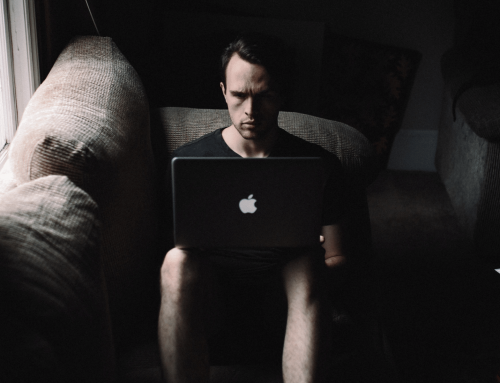How do you draw a line in the sand when we live in a concrete jungle?

These are just some of the pressures and stressors of a young millennium generation. Where your self-image has to be just filtered right to be accepted amongst your peer group and the likes of society. It’s all a big game, revolving around who said what, who did what, who posted what, who dated who and who looked cute in that shamelessly revealing outfit.
If you aren’t ‘playing’ the game just right, you’re more than likely to be labelled and left feeling alone and drowning in a puddle of your own insecurities, wondering where you went wrong.
Where are we going wrong?
With the suicide rate rising amongst young teenagers and the rates of school absentees soaring due to depression, where are we going wrong?
Well, as Simon Sinek’s talk about ‘Millennials in the workplace,’ (doing it’s rounds on Facebook) points out, maybe there’s a downfall in our parenting techniques, an overflow of technology use and an increase in impatience, all placed within a social media thriving environment.
As some of us were bringing home caterpillars to raise and nurture in our young age, our children are instead nurturing their social profiles.
But is it only just their fault?
Or should we be looking at the blatantly obvious observations of 2 year old children being handed an iPad to watch their favourite cartoons on when they’re crying, children having access to Netflix accounts, being able to watch whatever they can get their hands on when they’re bored and teenagers wanting to socialise, not having to make proper, meaningful connections, but just having to ‘swipe right’ on a tinder app.
These Millennials are given short steep steps to climb to an adult platform, with no caution signs. They are being placed in situations with few education or prevention strategies, however when they mess up, they are being swept up and placed in rehabilitation programmes, with no idea of how they ended up that deep in their own puddle.
The addictive social buzz
To be completely honest, it’s difficult not to get swept up in the social buzz of social media. It surrounds us every minute of the day, in just about every situation. And let’s face it, who doesn’t like the release of feel good chemicals (dopamine) when our Instagram posts are getting hundreds of likes, we’re part of that ‘in group’ WhatsApp group or when our ‘best friends’ are posting ‘cool’ pictures of what we shamelessly got up to on the weekend?
The more the social buzz grabs a hold of us, the more addicted we become to wanting more and soon we can’t help ourselves just scrolling through Instagram, reading the latest gossip or having a laugh at someone’s misfortune in a video doing it’s rounds on Facebook.
I’m not at all against technology, I grew up only knowing a world filled with it, but when are we overstepping that line of convenience and pleasure, into a social world of stress, pressure and anxiety and how are we going to combat it?
Managing the stressors and pressures of social media
Well for a start, the so-called object of ‘addiction’ needs to be reviewed and removed from the situation by setting healthy limits.
These should include encouraging children to play games outside, or even inside with one another, instead of being placed in front of a screen.
Teenagers should be encouraged to form meaningful friendships amongst each other, building relationships by going ice-skating, playing frisbee at the park or splashing around at a water world, being able to step into reality and take it all in, the dangers and the thrills without being glued to a social media screen.
At home, mobile phones or any social media devices should be banned from the dinner table and at bed time, promise those ‘so called life changing posts’ will be there in the morning, but have you asked your family members how their day was or how they are doing? Because it’s those kinds of questions that can be really life changing.
Each individual, friend group and family is different. They all show signs and symptoms of stressors and pressures in different ways and will all use different coping mechanisms, so instead of eyes being glued to social media devices, we need to have limits and use our ears, not to listen to respond, but to listen to understand.
It’s the seemingly small events within our lives that build up our personalities and make the greatest impact and instead we’re all too worried about what Kim K wore to that red-carpet event.
With that being said, I’d like to leave you with a statement by Albert Einstein to think about, “It has become appallingly obvious that our technology has exceeded our humanity.”
Maxine Caruth Honorary Assistant Psychologist
If you are experiencing stress, anxiety or depression as a result of addictive behaviour, please do give us a call. An initial telephone conversation is free. Call us on 07412 674550 or send us a message.







